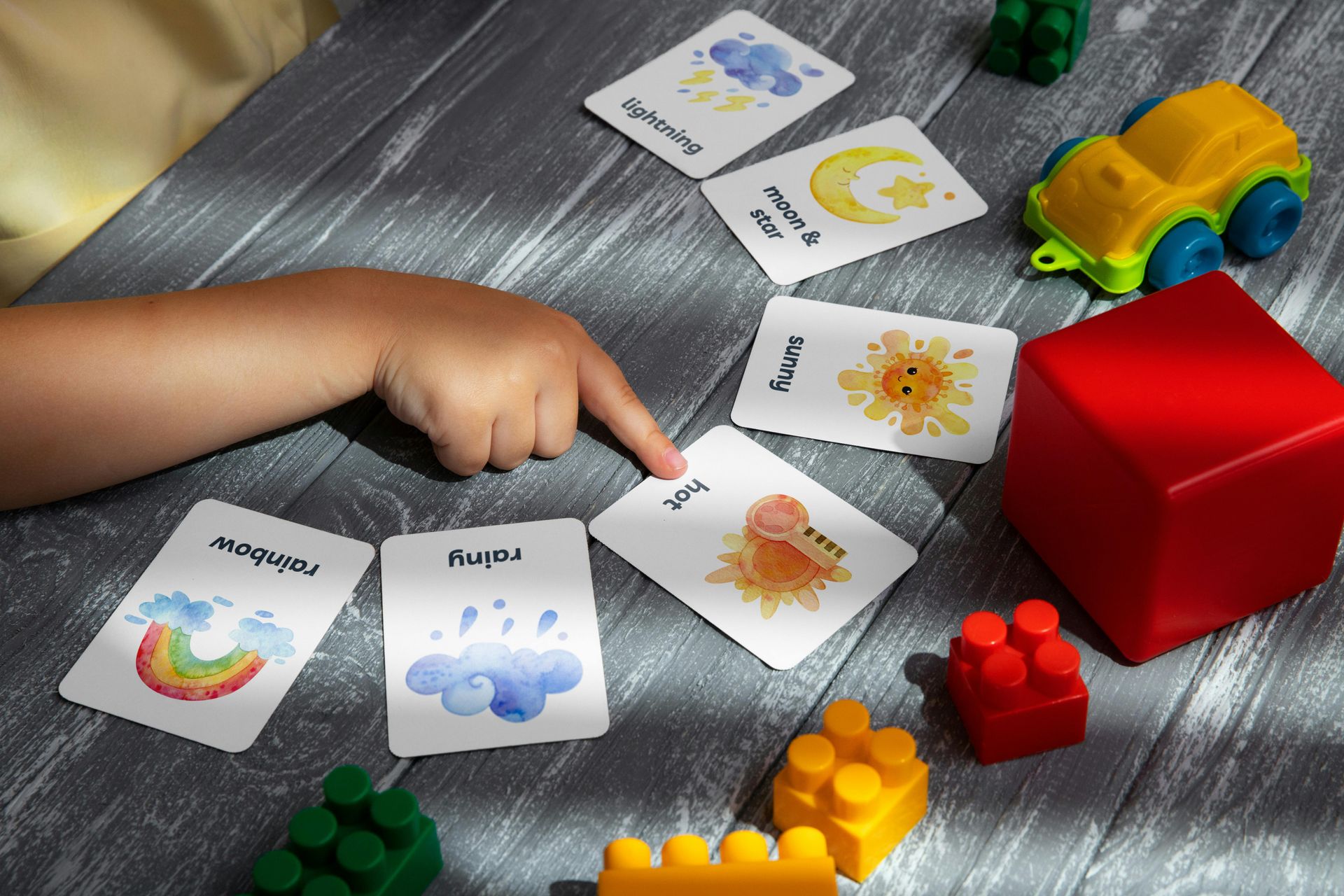Our Top Speech Therapy Tips for Parents
Top Speech Therapy Tips for Parents
Approximately 25% of children with autism are nonverbal or nonspeaking. Early intervention programs have lowered this percentage dramatically over the last decade or more. Interventions like speech therapy are most successful when parents and caregivers work alongside the therapist to reinforce skills at home. These tips may give you some ideas for working on speech at home, but as always, talk to your child’s therapist for other suggestions and input.
1. Think Aloud and Narrate Everything You Do
One of the most simple and effective strategies for reinforcing speech in your child with autism is to narrate what you do throughout the day. You can also narrate what your child is doing. Think aloud, for example: “Hmm, dinner is almost ready. What do we need to do before we can eat? Oh, that’s right, we need to set the table!” Name objects, steps in a sequence, and as many different verbs as you can incorporate into your narration.
2. Play “I Spy”
Like all children, children with autism learn many things through play, and “I Spy” is a great game to practice observation and speech skills. A nature walk can be the perfect time to tell your child everything they are seeing. Point to and name plants, animals, people, vehicles, or anything else you see on your walk. Then, as your child is ready, you can ask questions like, “Do you see something big and brown?” or “Can you find something small and green?” If your child only points, follow up with the question, “What’s that called?”
3. Encourage Commands in Play
In play, ask your child questions that attempt to have him dictate how the play will go. Questions like “What should we do next?” or “Should we run or should we swing?” will prompt the child to respond with more than one word. If your child doesn’t respond to questions like these, model a simple sentence as reply: “We will swing,” or “We will run” is enough for your child to practice stringing together more than one word.
4. Name Emotions
Talking about and labeling your own emotions and your child’s emotions can be very helpful to their speech development as well as their emotional development. Discuss the facial expressions and emotions of loved ones and others you interact with as well as actors on TV. Note that talking about your child’s emotions in the throes of tantrum is not advisable; rather, wait until after an emotional outburst and try to have these conversations preemptively.
5. Sing Songs and Read Books Together
You can never sing too many songs or read too many books! Both are great for vocabulary-building and relationship-building. Choose short, colorful books and point to the words as you read. You can also point to the pictures that the words reference or ask your child to point to things in the illustrations. As for music, songs are wonderful for teaching your child to adjust their volume, tone, and speed according to the song.
Be as verbal as you can in your home and encourage your child to be verbal in whatever ways you can. Speak to their therapist for even more tips and tricks, and soon your child may be adding words to their repertoire by leaps and bounds.
Positive Reinforcement provides in home ABA therapy services to Richmond Virginia, Somerset Kentucky and surrounding areas











